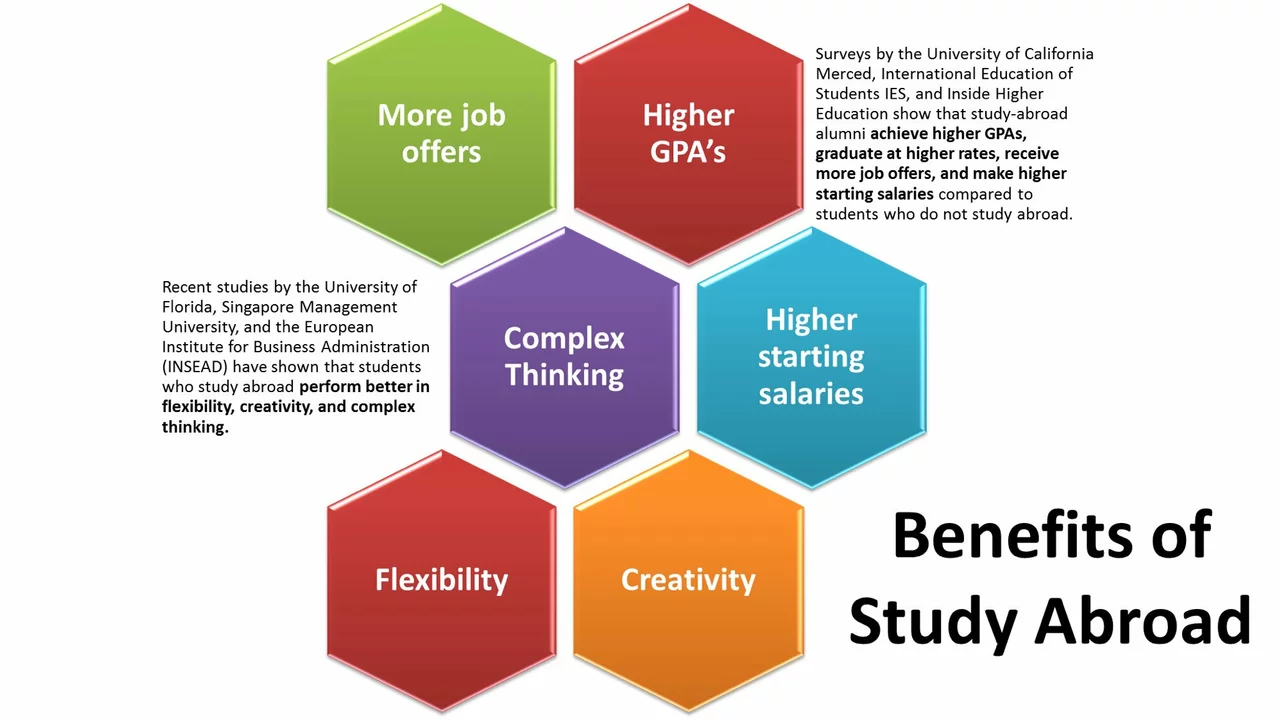
Expanding Knowledge and Skills
One major benefit of pursuing higher education is the opportunity to expand your knowledge and skills. Higher education offers a broad range of subjects to explore, and you can delve deeper into your areas of interest. This not only satisfies intellectual curiosity, but also equips you with the necessary skills to thrive in your chosen career.
Moreover, higher education often incorporates practical elements such as internships, workshops, and research projects. These experiences can provide you with hands-on skills that are valuable in the job market. In fact, many employers prioritize candidates who can demonstrate practical experience in their field. As such, higher education can significantly enhance your employability.
Greater Career Opportunities
Higher education can open doors to a wide range of career opportunities. Employers often require a minimum level of education for certain roles, particularly those that are specialized or high-paying. Hence, having a higher degree can make you eligible for these positions.
Furthermore, higher education can provide you with the qualifications necessary to progress in your career. For example, if you aspire to hold a managerial role, earning a Master's degree in Business Administration can increase your chances of achieving this goal. Therefore, pursuing higher education can be a strategic move towards attaining your career aspirations.
Personal Development
Higher education is also beneficial for personal development. The experience of being a student can challenge you in ways that foster growth and maturity. For instance, managing academic workload, participating in extracurricular activities, and living independently can enhance your time management, communication, and problem-solving skills. These skills are not only useful in the professional world, but also in personal life.
Furthermore, higher education exposes you to diverse perspectives and cultures. This can broaden your worldview, promote empathy, and enhance your interpersonal skills. Therefore, the benefits of higher education extend beyond academic and career advancement, contributing to your overall personal growth.
Financial Stability
Higher education can pave the way to financial stability. On average, individuals with a higher degree earn more than those with only a high school diploma. This is because higher education equips you with specialized skills and knowledge that are valued in the labor market. Hence, investing in higher education can yield high returns in the long run.
Moreover, individuals with a higher degree are less likely to be unemployed. This can provide a sense of financial security, especially during economic downturns. Therefore, while pursuing higher education involves upfront costs, it can potentially lead to greater financial stability and prosperity.
Contributing to Society
Lastly, higher education can empower you to contribute to society in meaningful ways. With the knowledge and skills acquired through higher education, you can innovate, solve complex problems, and make informed decisions. These contributions can lead to advancements in various fields, from technology and healthcare to education and public policy.
Additionally, higher education can foster civic engagement. It can encourage critical thinking, ethical responsibility, and a commitment to social justice. These values can inspire you to actively participate in civic affairs and strive for positive social change. Therefore, higher education not only benefits you as an individual, but also enriches society as a whole.